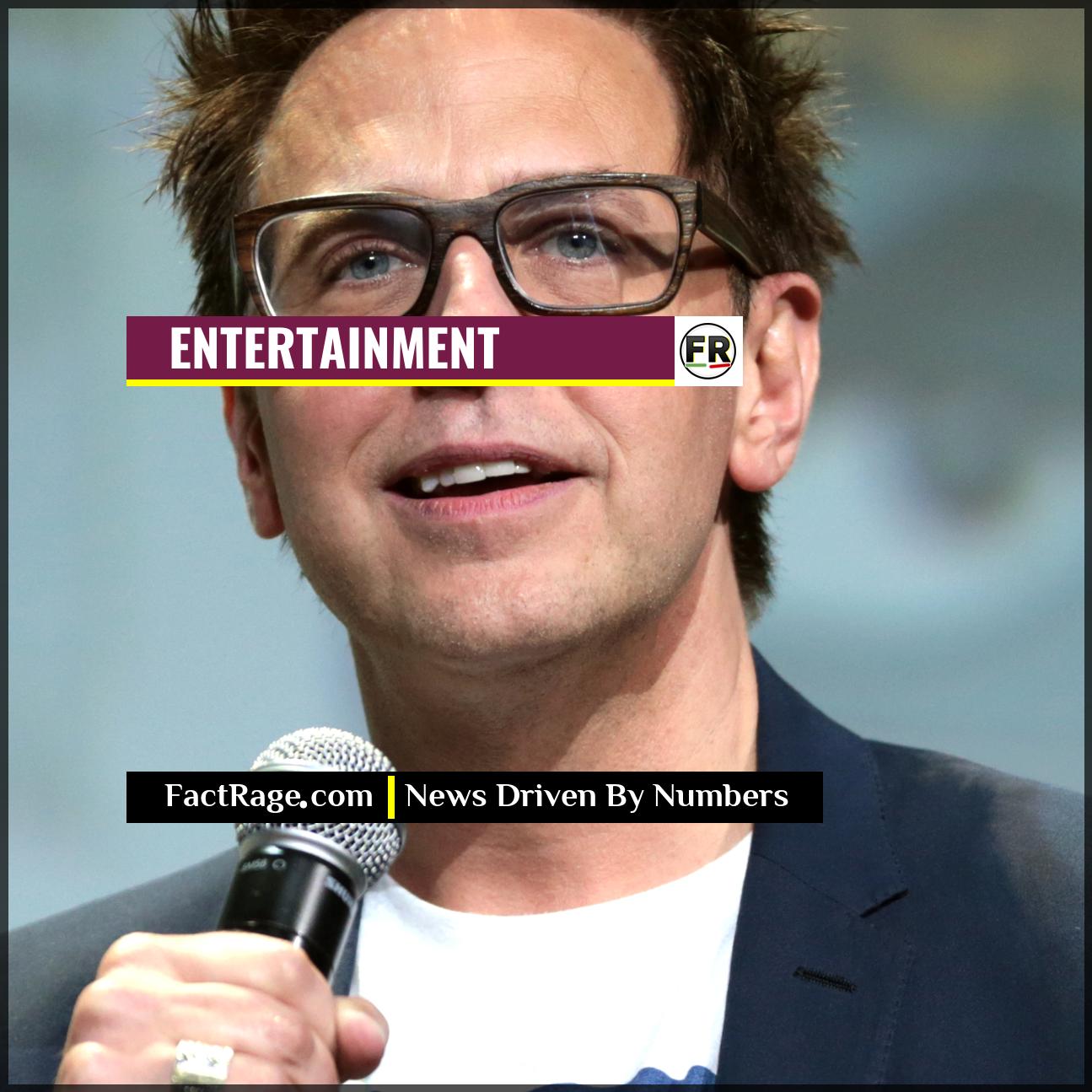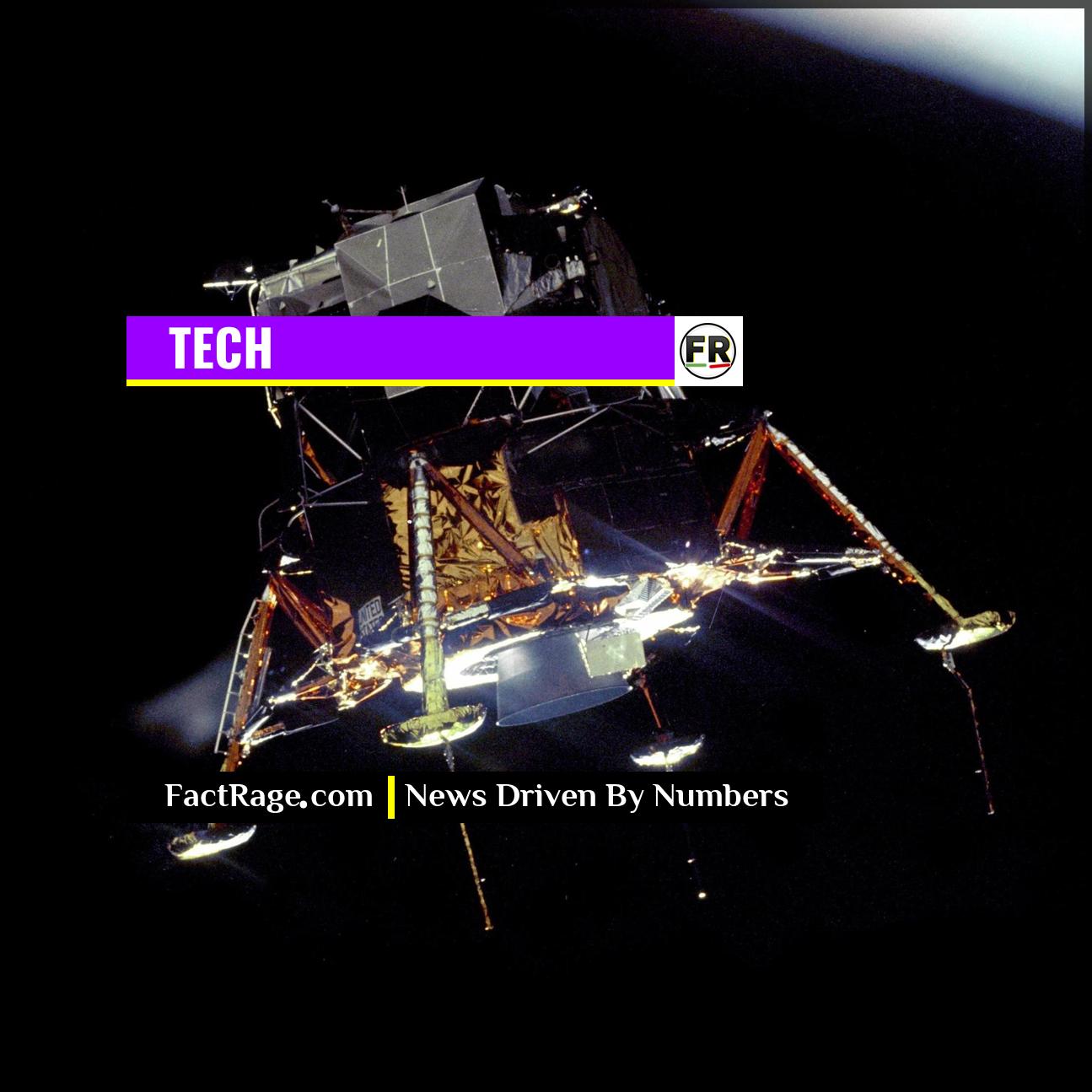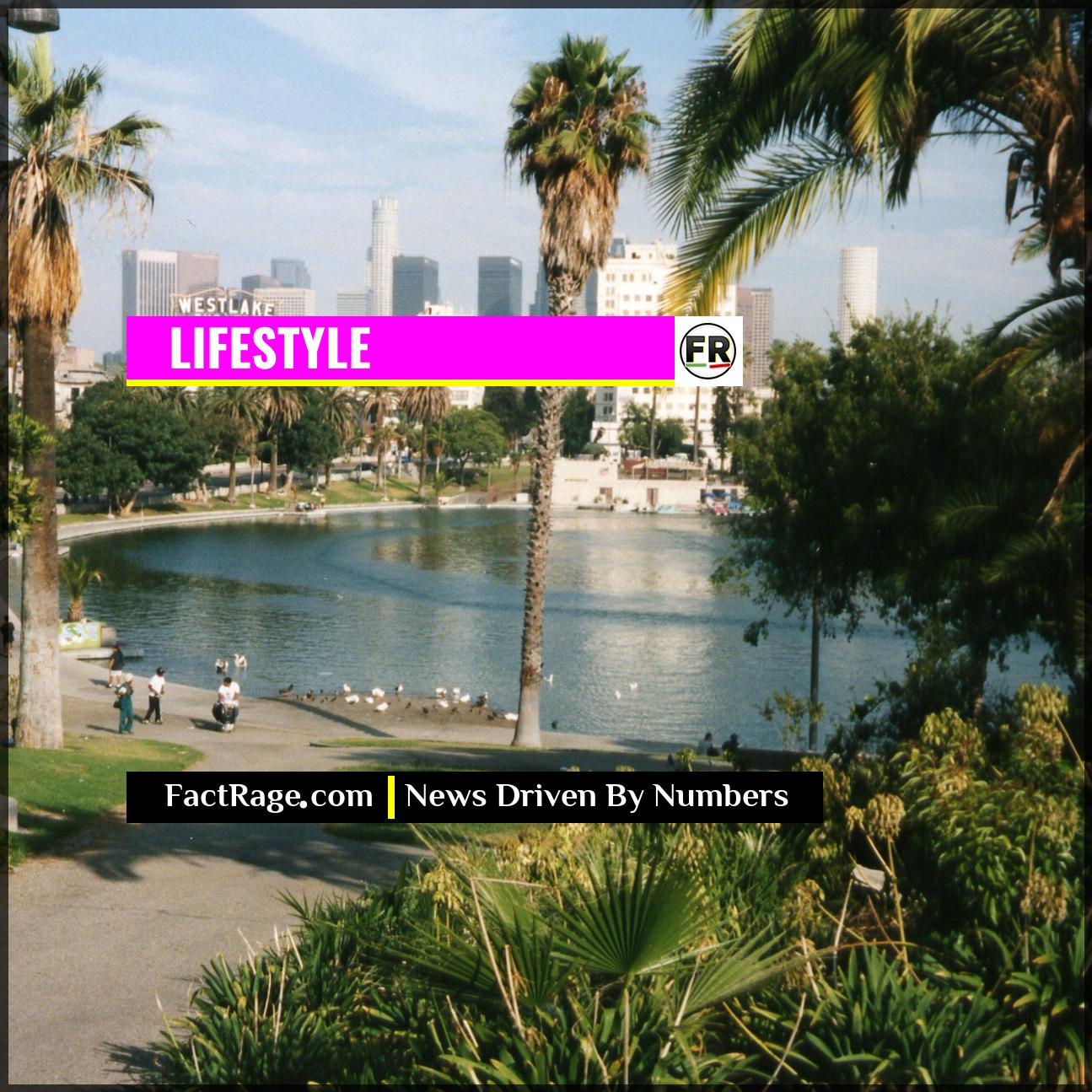HOLLYWOOD – James Gunn’s upcoming film ‘Superman’ represents far more than a new take on a classic hero; it is a calculated, high-stakes corporate maneuver by Warner Bros. Discovery to reboot its entire DC film franchise and reverse years of creative and financial underperformance.
- Financial Imperative – The reboot follows a string of financially disappointing films from the DC Extended Universe (DCEU), including ‘The Flash’ and ‘Black Adam’, which failed to meet box office expectations despite large budgets.
- Consolidated Creative Control – James Gunn and Peter Safran were appointed co-CEOs of the new DC Studios, a move designed to create a single, cohesive vision, with Gunn himself writing and directing the foundational ‘Superman’ film.
- A Universe on the Line – The success of ‘Superman’ is critical not just for the film itself, but for launching the new DC Universe’s first chapter, “Gods and Monsters,” which includes a slate of interconnected movies and television shows.
The decision to wipe the slate clean and start anew with one of pop culture’s most recognizable characters was not made lightly. It was a direct response to a cinematic universe that, despite its immense potential, struggled to find consistent footing with both critics and audiences.
The Bottom Line Behind the Cape
![]() It’s easy to get lost in fan theories and casting debates, but the real story of the new ‘Superman’ isn’t just happening on a film set—it’s unfolding on a balance sheet. For Warner Bros. Discovery, this reboot is less about saving Metropolis and more about salvaging a multi-billion dollar asset after years of turbulence. The film represents the ultimate corporate stress test, where the box office numbers will speak louder than any line of dialogue.
It’s easy to get lost in fan theories and casting debates, but the real story of the new ‘Superman’ isn’t just happening on a film set—it’s unfolding on a balance sheet. For Warner Bros. Discovery, this reboot is less about saving Metropolis and more about salvaging a multi-billion dollar asset after years of turbulence. The film represents the ultimate corporate stress test, where the box office numbers will speak louder than any line of dialogue.
Read On…
Here’s the deep dive into the financial pressures and creative overhaul that turned a beloved hero into a make-or-break moment for one of Hollywood’s biggest studios.
Why a Billion-Dollar Franchise Needed a Total Overhaul

The road to the new DC Universe is paved with the financial wreckage of its predecessor. The final entries in the DC Extended Universe (DCEU) were marked by critical misfires and, more importantly for parent company Warner Bros. Discovery, significant box office underperformance. Films like 2023’s ‘The Flash’, with a budget exceeding $200 million, grossed only about $271 million worldwide, resulting in a substantial loss. Similarly, ‘Black Adam’ (2022) and ‘Shazam! Fury of the Gods’ (2023) also failed to generate the profits expected of tentpole superhero properties.
This pattern of diminishing returns created immense pressure on Warner Bros. Discovery to make its valuable DC intellectual property consistently profitable. The previous franchise was often criticized for a lack of cohesive vision, with conflicting tones and storylines creating a fractured and confusing experience for casual moviegoers. The question for executives was no longer how to fix the existing universe, but whether it was more financially prudent to simply start over.
How a Singular Vision Aims to Fix a Fractured Universe
The answer came in late 2022 with the formation of DC Studios, co-chaired and co-led by producer Peter Safran and writer-director James Gunn. This new structure was a clear attempt to emulate the successful “master architect” model used by rival Marvel Studios under Kevin Feige, where a single creative authority guides the entire narrative.
In a significant move, Gunn himself took on the role of writer and director for ‘Superman’, the film intended to be the true launchpad for the new universe. This decision consolidates creative control at the most crucial point: the beginning. By having the chief architect of the entire multi-year plan also craft its foundational story, DC Studios aims to eliminate the creative disconnects that plagued the past. The strategy is to build a universe, titled “Chapter 1: Gods and Monsters,” from the ground up with a clear, consistent, and interconnected plan for film, television, and animation.
The ‘Superman’ Gamble: What’s Riding on This One Film
The stakes for ‘Superman’ extend far beyond its own opening weekend. The film’s performance is a litmus test for the entire DCU strategy and for Wall Street’s confidence in Warner Bros. Discovery’s leadership. A box office success would validate the reboot, energize the fanbase, and provide a stable foundation upon which to build the subsequent “Gods and Monsters” projects. It would signal to the market that the DC brand is commercially viable and creatively rejuvenated.
Conversely, if ‘Superman’ underwhelms or fails, the fallout could be immense. It would cast serious doubt on the viability of the entire long-term plan, potentially spooking investors and forcing another costly and embarrassing corporate rethink. The pressure is on Gunn not just to deliver a good movie, but to deliver a certifiable hit that can reliably launch a decade of interconnected storytelling. For Warner Bros. Discovery, ‘Superman’ isn’t just a movie; it’s a multi-billion dollar bet on a fresh start.
More Than a Cape: The New Hollywood Blueprint
![]() Ultimately, the flight of this new Superman will be measured not just in box office returns, but in its success as a corporate blueprint. This reboot is a high-profile test of whether a singular creative vision can truly cure the ailments of a fractured franchise, a question echoing in boardrooms far beyond DC Studios. The outcome will serve as a crucial data point for the entire entertainment industry, shaping the strategy for the next generation of blockbuster universes and defining what it takes to build a modern media empire.
Ultimately, the flight of this new Superman will be measured not just in box office returns, but in its success as a corporate blueprint. This reboot is a high-profile test of whether a singular creative vision can truly cure the ailments of a fractured franchise, a question echoing in boardrooms far beyond DC Studios. The outcome will serve as a crucial data point for the entire entertainment industry, shaping the strategy for the next generation of blockbuster universes and defining what it takes to build a modern media empire.














